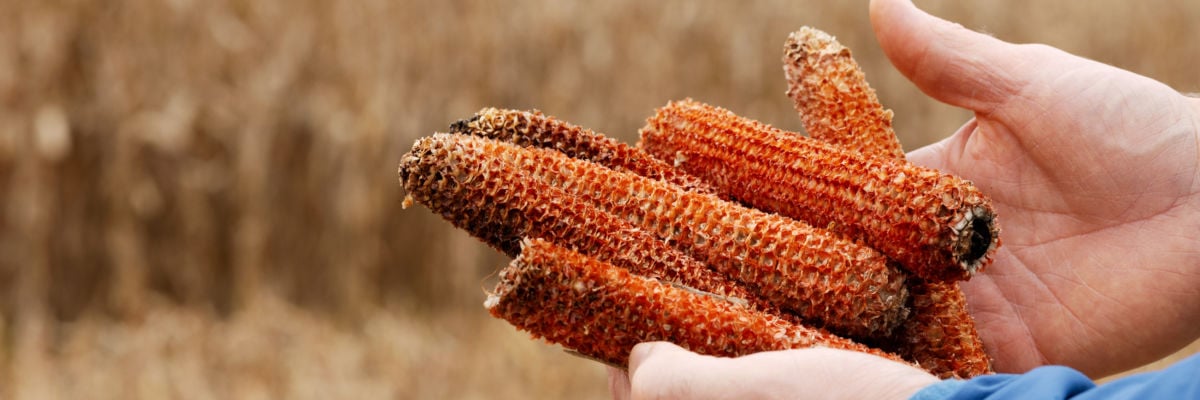
The verse immediately following our first reading from Jeremiah makes this striking claim:
The heart is deceitful above all things,
and desperately corrupt;
who can understand it? (Jer 17:9).
Of course the answer is “God can.” He is the one who can see clearly through our motivations and excuses. But I think we can say even more. Jeremiah asks, “Who can understand it?” The answer also might be “no one.” Because the Christian tradition thinks of sin and evil as something irrational and incoherent. It is wrong not just because God says it is, or because it is against this or that rule; it is wrong because it makes no sense.
In our Gospel passage, Jesus lays out two pathways: a way of blessing, or happiness, and a way of woe. These are strange options. We don’t normally think it is a blessing to be poor or a curse to be rich. We don’t normally look forward to being hurt, nor do we usually think it a bad thing when people speak well of us. These seem to be the exact opposite of what you might see online if you look around for people labeling things with #blessed. I never go into the home décor section and see cutesy little framed artwork or wood carvings that you hang in your entryway saying, “Hunger, weep, be insulted.” What’s happening here, apart from the fact that many people loudly proclaiming their Christian values seem to have mistaken the gospel for a celebration of their own comfort?
Jeremiah makes a distinction between those who rely on “flesh,” who put their trust in people, and those who put their trust first in God. This is the same choice that Jesus is showing in Luke. We could also say that it is a choice between this world and the kingdom of heaven.
It’s not that riches are intrinsically evil or poverty intrinsically good. It’s that when you’re rewarded and feel happy about the things of this life, it becomes easy to forget that this life isn’t the end goal. The things of this world are passing away. They will not last. As St. Paul reminds us in 1 Corinthians, our hope centers on the resurrection from the dead. “If the dead are not raised . . . your faith is in vain.”
The reason it is wrong to put our trust in created things is that it is ultimately unreasonable. Think about it like this: Would I put my toddler in charge of making dinner or watching her siblings? Would I trust an important document to the table outside on a windy day? In comparison with God, created things are all ephemeral, unreliable, temporary.
We live in a time in American politics where a lot of people seem full of despair while a lot of people seem full of optimism. Certainly both groups can’t be right, though we might wonder if both are wrong. Perhaps we could attempt to agree on the goodness, in principle, of both dismantling corrupt structures and preserving good constitutional order. But as Christians, it is essential to remember that none of these things saves us.
You can hear a lot of Catholics in the public square complaining about ways that the government is failing to uphold this or that value. I wonder if that witness would be more meaningful if it came across as a little more apocalyptic—not, mind you, in suggesting that a policy is going to usher in the end of the world, but by reminding politicians that their own souls are definitely on the line, and by insisting again and again that even if, miraculously, the nation suddenly embraced a fully and recognizably Catholic policy on immigration, on abortion, on marriage and family, on education and poverty, we would not somehow be able to sit down and say, At last, the work is done! For as good as these goals are, they are no more lasting than the other kinds of “blessings” that the world gives. When we face the great judgment seat of Christ, the question isn’t going to be about the general direction of the country.
To translate this into a more local context, I want so badly to build up my parish into a shining example of stability, mission, holiness, and beauty. I want people to invest in it with their time, their energy, their money, because this is the place where, for us, heaven meets earth, where salvation is worked out with fear and trembling. This matters for us every bit as much as big questions of national policy matter, maybe more. So here the contradiction is perhaps more acute, because at the center of our witness is the crucified God who reminds us that we can find strength only in weakness, that our success is never really success, our blessing never really blessing, if it leads us to imagine that we do not need to depend on God at every moment for every breath and every act of existence.
This is the hardest lesson of the beatitudes: it is easier to have faith when you have nothing else. The more goods you have, the harder it is to remember the true and ultimate Good. The more food you have, the harder it is to appreciate the sweetness of the bread of heaven.
This world is good. God created it. And it is full of good things, not to mention God’s own people and their enormous potential to do good work. But none of these things is trustworthy in the way that God is. None of them is reliable in the way that God is. So reason demands that we put our trust in God over these other things. This is the way to happiness—to understand that nothing in this world can ever finally make us permanently happy. Nothing but God.
Today is the third Sunday before Lent. And as we approach that season, I encourage you to go ahead and think about how you might use Lent as a time to get your priorities straight. Often we give up things for Lent—but it’s important to remember that we give up things not because they’re bad—if they’re bad, we shouldn’t be doing them anyway! We give up things to help us remember that they cannot truly make us happy. Nothing can make us completely and finally happy but God. To him be glory now and forever. Amen.



